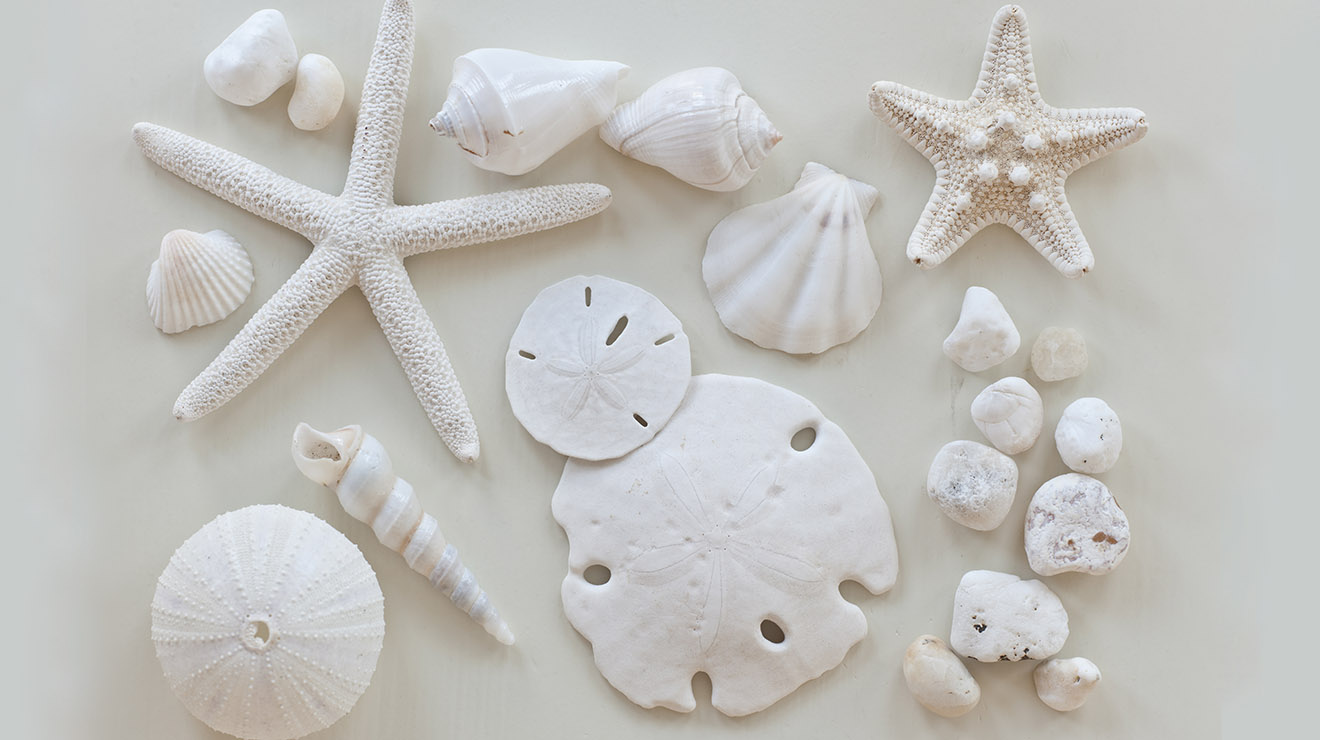AS OF 6/9/2022: We are not currently accepting applications for new egg donors to the UNC donor egg bank. If you would like to be contacted when we begin accepting applications in the future, please complete the contact form.


Thank you for your interest in becoming an egg donor. Helping recipients achieve their dream of having a child is life changing, for them and, often, for the donors. Some donors describe the decision as one of the most rewarding things they have ever done.
What’s Involved?
The procedure to obtain eggs is complex, but our physicians and nurses will guide you through it every step of the way.
Your Role
- During a normal menstrual cycle the ovaries produce and release a single egg. The egg donation process bypasses this mechanism and allows for the development of multiple eggs.
- In order to allow multiple eggs to develop, daily injections of fertility drugs are necessary. Our nurses will instruct you how to self-administer these medications.
- Our doctors closely monitor the egg development with blood tests and ultrasound examinations of the ovaries. This requires approximately five visits to the clinic.
- When the eggs are mature, they are recovered from the ovary during a transvaginal ultrasound guided aspiration procedure. This 30-minute procedure is performed under sedation and the recovery period is brief.
- Donors are able to go home the same day, but we ask that you rest at home for the remainder of the day. You should plan to be absent from work or school that day.
- Some discomfort may persist for 48 to 72 hours after the procedure.
- After the retrieval procedure, the donor’s involvement with the program will be complete, but it may take two to three weeks for the effects of the medication to fully leave your body.
What Happens Next
- Once the eggs are obtained, they are fertilized (combined with sperm) and the developing embryos are placed in the uterus of the recipient after several days of growth in the lab.
- We ask that the donor relinquish all claims to the eggs, embryos or children born as a result of the donation process. Donors must complete and sign a consent form outlining this prior to beginning the donation process.
Risks
Although rare, the risks of an egg aspiration procedure include bleeding and/or infection. Occasionally, excessive enlargement of the ovaries in response to the fertility medication may require that the medication be stopped prior to achieving egg maturity. This occurs rarely, and is only done to make the process of egg donation as safe as possible for the donor.
The long-term consequences of egg donation are not completely known, however, it is not expected to impact your subsequent fertility. Although a possible association between the use of fertility medications and an increase in lifetime risk of ovarian cancer has been suggested, most recent studies do not show that there is a risk of future cancer.
Donor Compensation
An egg donor’s compensation for full participation in the program is $4,500. If it becomes necessary to cancel your donation cycle prior to the egg aspiration, your compensation will be prorated.
Application Process
- Only nonsmokers are accepted to the donation program. Also, because in vitro fertilization (IVF) success rates decrease in overweight women, we only accept women who have a body mass index (BMI) that is less than 30. Calculate your BMI.
- Please fill out this short donor questionnaire to determine if you meet the qualifications to become a potential donor.
- A nurse will contact your after our receipt of your completed questionnaire. If you pass the initial screening process, you will be provided a link and instructions to fill out our long donor questionnaire form. You will also have an appointment with a doctor, nurse and psychologist. During this visit, a physical exam, screening blood tests and cultures, and psychological and genetic testing will be performed. This is done to make sure that you would be an appropriate donor for the recipient couple, and that the egg donation process would not be medically harmful to you.
- Your photograph is needed for physical attributes only and will not be shared with any potential or actual donor recipients.









